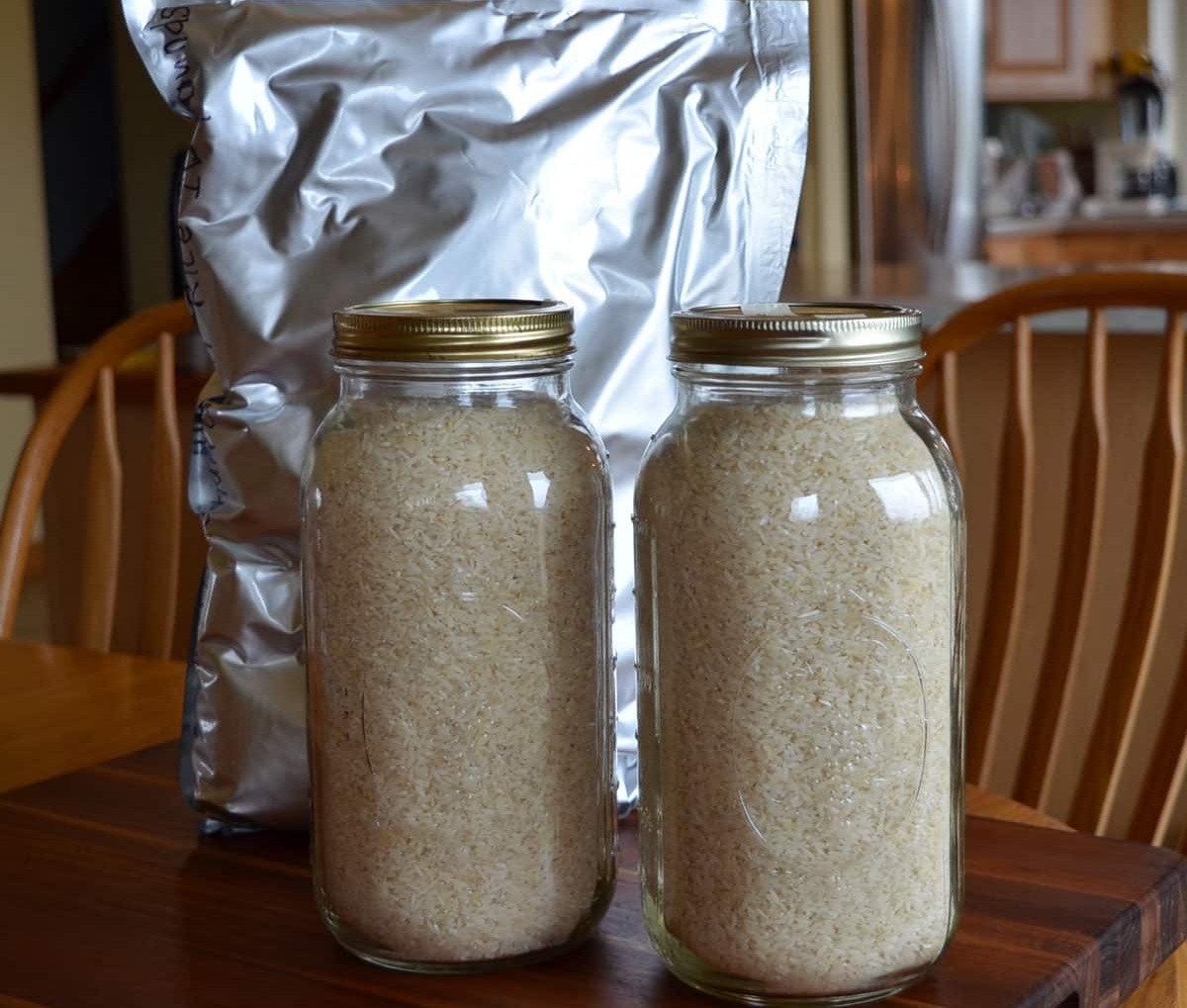

Articles
How To Store Rice In Mason Jars
Modified: May 6, 2024
Learn how to store rice in mason jars with our helpful articles. Find tips for preserving freshness and maximizing storage space.
(Many of the links in this article redirect to a specific reviewed product. Your purchase of these products through affiliate links helps to generate commission for Storables.com, at no extra cost. Learn more)
Introduction
Storing rice properly is essential for maintaining its freshness, taste, and nutritional value. Mason jars have become a popular choice for storing various pantry staples, including rice. With their airtight seals and durability, they provide the perfect solution for keeping rice fresh and protected from pests, moisture, and contaminants.
In this article, we will explore the benefits of storing rice in mason jars, guide you on choosing the right jars, provide steps for preparing and storing rice, and offer useful tips for optimal rice storage. Whether you are a seasoned homesteader or simply looking for a convenient method of storing rice, using mason jars will ensure that your rice remains fresh and readily available for your culinary needs.
Key Takeaways:
- Store rice in mason jars to prolong shelf life, preserve taste, and prevent pest infestation. Follow proper preparation and storage steps for fresh, organized pantry storage.
- Choose the right mason jars, clean and sterilize them, and implement optimal storage tips for long-lasting, flavorful rice. Enjoy the convenience and benefits of mason jar rice storage.
Read more: How To Store Mason Jars
Benefits of Storing Rice in Mason Jars
Storing rice in mason jars offers numerous advantages compared to other storage methods. Here are some of the key benefits:
- Prolongs Shelf Life: Mason jars provide an airtight seal, preventing air and moisture from entering the container. This helps to prolong the shelf life of rice by keeping it fresh for longer periods.
- Preserves Taste and Nutritional Value: The airtight seal of mason jars helps to preserve the flavor and nutritional value of rice by protecting it from exposure to light, moisture, and contaminants that can cause spoilage.
- Prevents Pest Infestation: Mason jars are made of glass, making them impenetrable to pests such as insects and rodents. Storing rice in sealed jars is an effective way to keep pests at bay, ensuring that your rice remains clean and safe to consume.
- Easy Monitoring: Transparent glass jars enable easy monitoring of the rice, allowing you to visually check for any signs of spoilage or pests. This helps you identify and address any issues promptly.
- Organized and Space-Saving: Storing rice in mason jars helps to keep your pantry organized and maximizes space utilization. The uniform sizes of the jars make stacking and arranging them neatly a breeze.
- Reusable and Eco-Friendly: Mason jars are known for their durability and reusability. By choosing to store rice in these jars, you can reduce waste by avoiding disposable packaging and contribute to a more sustainable lifestyle.
Now that we understand the benefits of using mason jars, let’s explore how to choose the right jars for rice storage.
Choosing the Right Mason Jars
When it comes to storing rice in mason jars, it’s important to select the appropriate jars that meet your storage needs. Here are some factors to consider when choosing the right mason jars:
- Size: Consider the quantity of rice you plan to store and choose jars that can accommodate that amount. Mason jars are available in various sizes, such as half-pint, pint, quart, and gallon. Assess your storage requirements and select jars accordingly.
- Sealability: Ensure that the mason jars you choose have tight-fitting lids and reliable seals. Look for jars with rubber seals and metal clamps or screw-on lids to maintain an airtight environment for the rice.
- Quality: Opt for high-quality mason jars made of durable glass. Check for any defects or cracks that could compromise the integrity of the jars or their ability to maintain an airtight seal.
- Transparency: Select transparent glass jars that allow you to see the contents inside. This makes it easier to identify the type and condition of the rice without having to open the jars.
- Stackability: If you have limited storage space, consider choosing mason jars with a straight-sided design that allows for easy stacking. This will help you make the most efficient use of your pantry or storage area.
Once you have chosen the right mason jars, it’s important to properly prepare the rice for storage. The next section will guide you through the steps of preparing the rice before storing it in the jars.
Preparing the Rice for Storage
Before you start storing rice in mason jars, it is crucial to properly prepare the rice to ensure its longevity and freshness. Follow these steps for preparing the rice:
- Clean the Rice: Thoroughly inspect the rice for any foreign objects or debris and remove them. Rinse the rice under cold water to get rid of any dust, dirt, or impurities. Repeat the rinsing process until the water runs clear.
- Dry the Rice: After rinsing, spread the rice on a clean kitchen towel or a baking sheet lined with parchment paper. Allow it to air dry completely. Make sure the rice is free from any moisture before proceeding to the next step.
- Optional: Parboiling: Parboiling is a process in which the rice is partially cooked before storage. This can help extend the shelf life of the rice. To parboil rice, boil it in water for a few minutes until it is about 70-80% cooked. Drain the water and spread the rice on a tray to cool before proceeding.
Once the rice is properly prepared, you are ready to store it in the mason jars. The next section will guide you through the steps of storing rice in mason jars.
Store rice in mason jars by making sure the jars are clean and dry before filling them with rice. Keep the jars in a cool, dark place to maintain the rice’s freshness.
Steps for Storing Rice in Mason Jars
Now that you have prepared the rice, it’s time to store it in the mason jars. Follow these steps for proper rice storage:
- Clean and Sterilize the Jars: Wash the mason jars and lids with warm soapy water. Rinse them thoroughly to remove any soap residue. To ensure cleanliness, you can sterilize the jars and lids by placing them in boiling water for a few minutes. Allow them to air dry completely.
- Fill the Jars: Fill each mason jar with the prepared rice, leaving some headspace at the top. If using parboiled rice, ensure that it is completely cooled before storing. It is recommended to fill the jars to about 75-80% capacity to allow for natural expansion of the rice.
- Seal the Jars: Place the lids on the filled jars and ensure they are tightly secured. If using mason jars with metal clamps, make sure they are properly fastened to create an airtight seal. For screw-on lids, ensure they are tightened securely.
- Label and Date: It’s helpful to label each jar with the type of rice and the date of storage. This will aid in organization and rotation, ensuring that you use the oldest rice first.
- Store in a Cool, Dry Place: Find a cool, dry location to store the mason jars filled with rice. Avoid areas with direct sunlight or extreme temperature fluctuations, as these can impact the quality and shelf life of the rice.
By following these simple steps, you can store your rice in mason jars properly and ensure its freshness for an extended period. However, there are a few additional tips that can further optimize your rice storage, as we’ll discuss in the next section.
Read more: How To Store Cucumbers In Mason Jars
Tips for Optimal Rice Storage
To maximize the quality and longevity of your stored rice, consider implementing these tips:
- Keep Away from Heat and Moisture: Heat and moisture are rice’s worst enemies. Store the mason jars in a cool, dry place away from sources of heat, such as stoves or direct sunlight. Moisture can lead to mold, so ensure the rice and jars are completely dry before sealing them.
- Rotate and Use FIFO Method: FIFO stands for “first in, first out.” It’s a good practice to use the oldest rice first to maintain freshness and prevent any rice from sitting for too long. To implement this method, place newly stored jars behind the existing ones, ensuring that the older jars are used first.
- Regularly Check for Signs of Spoilage: Periodically inspect your stored rice for any signs of spoilage, such as an off smell or the presence of insects. If you notice any issues, discard the affected rice and check the surrounding jars for contamination.
- Avoid Excessive Handling: Minimize unnecessary handling of the rice in the jars to prevent introducing moisture or contaminants. Only open the jars when you need to use the rice and reseal them tightly afterward.
- Consider Using Oxygen Absorbers: To further enhance the shelf life of your stored rice, you can add oxygen absorbers to the mason jars. These packets help to remove any excess oxygen, which can lead to oxidation and spoilage. Follow the instructions provided with the oxygen absorbers for proper usage.
By following these tips, you can ensure the optimal storage conditions for your rice, maintaining its quality and flavor over a long period.
Now, let’s address some common questions about storing rice in mason jars.
Frequently Asked Questions
Here are some commonly asked questions about storing rice in mason jars:
- Can I store different types of rice in the same jar?
- What is the shelf life of rice stored in mason jars?
- Can I store rice with the husk or bran intact?
- Can I reuse mason jars for storing rice after they have been opened?
- Do I need to refrigerate the mason jars with rice?
- How can I prevent insects from infesting the rice stored in mason jars?
It is recommended to store different types of rice in separate jars to prevent merging flavors or potential cross-contamination.
Properly stored rice in mason jars can maintain its quality for up to 2 years. However, it is advisable to check for any signs of spoilage periodically.
It is best to remove the husk or bran before storing the rice, as they can lead to faster spoilage or attract pests.
Yes, mason jars can be reused for storing rice even after they have been opened. Just ensure that the jars are clean, dry, and properly sealed.
No, refrigeration is not necessary for storing rice in mason jars. Just find a cool, dry place in your pantry or cupboard to keep the jars.
To prevent insect infestation, ensure that the rice is thoroughly cleaned and the jars are properly sealed. Additionally, you can consider placing bay leaves or cloves near the jars, as the strong aroma can deter insects.
With these answers to common questions, you should have a better understanding of storing rice in mason jars. Let’s conclude our article.
Conclusion
Storing rice in mason jars provides a convenient and efficient way to maintain its freshness, flavor, and nutritional value. The airtight seal of mason jars keeps out air, moisture, and pests, ensuring that your rice stays in optimal condition for an extended period. By following the steps outlined in this article, you can properly prepare and store rice in mason jars.
Choosing the right mason jars, cleaning and sterilizing them, and ensuring the rice is properly prepared are crucial steps in the process. By storing rice in mason jars, you can enjoy the benefits of prolonged shelf life, preserved taste and nutritional value, and organized pantry storage.
Remember to consider factors such as size, sealability, and transparency when selecting mason jars for rice storage. Properly preparing the rice by cleaning, drying, and optionally parboiling it will help maintain its quality. Once the rice is ready, filling the jars, sealing them tightly, and labeling them with the date of storage will further optimize your rice storage system.
Additionally, implementing tips like keeping the rice away from heat and moisture, practicing FIFO storage method, and regularly inspecting for spoilage will ensure the longevity of your stored rice. You may also consider using oxygen absorbers to enhance shelf life.
With the information provided in this article, you are now equipped with the knowledge to store rice in mason jars effectively. Enjoy the benefits of fresh, flavorful rice for all your culinary needs, knowing that it is safely stored in your pantry.
So, go ahead and stock up on rice, grab your mason jars, and start storing your rice in a way that keeps it fresh, accessible, and protected. Happy rice storage!
Now that you've mastered storing rice in mason jars, why not extend your skills to other areas of home efficiency? Whether you're looking to upgrade your food preservation methods or streamline your living spaces, our articles have you covered. Discover the latest trends in best food storage solutions, learn practical tips for organizing your pantry closet to keep your kitchen tidy, or find out how stylish fabric storage cubes can transform your living environment with stylish and functional storage solutions.
Frequently Asked Questions about How To Store Rice In Mason Jars
Was this page helpful?
At Storables.com, we guarantee accurate and reliable information. Our content, validated by Expert Board Contributors, is crafted following stringent Editorial Policies. We're committed to providing you with well-researched, expert-backed insights for all your informational needs.
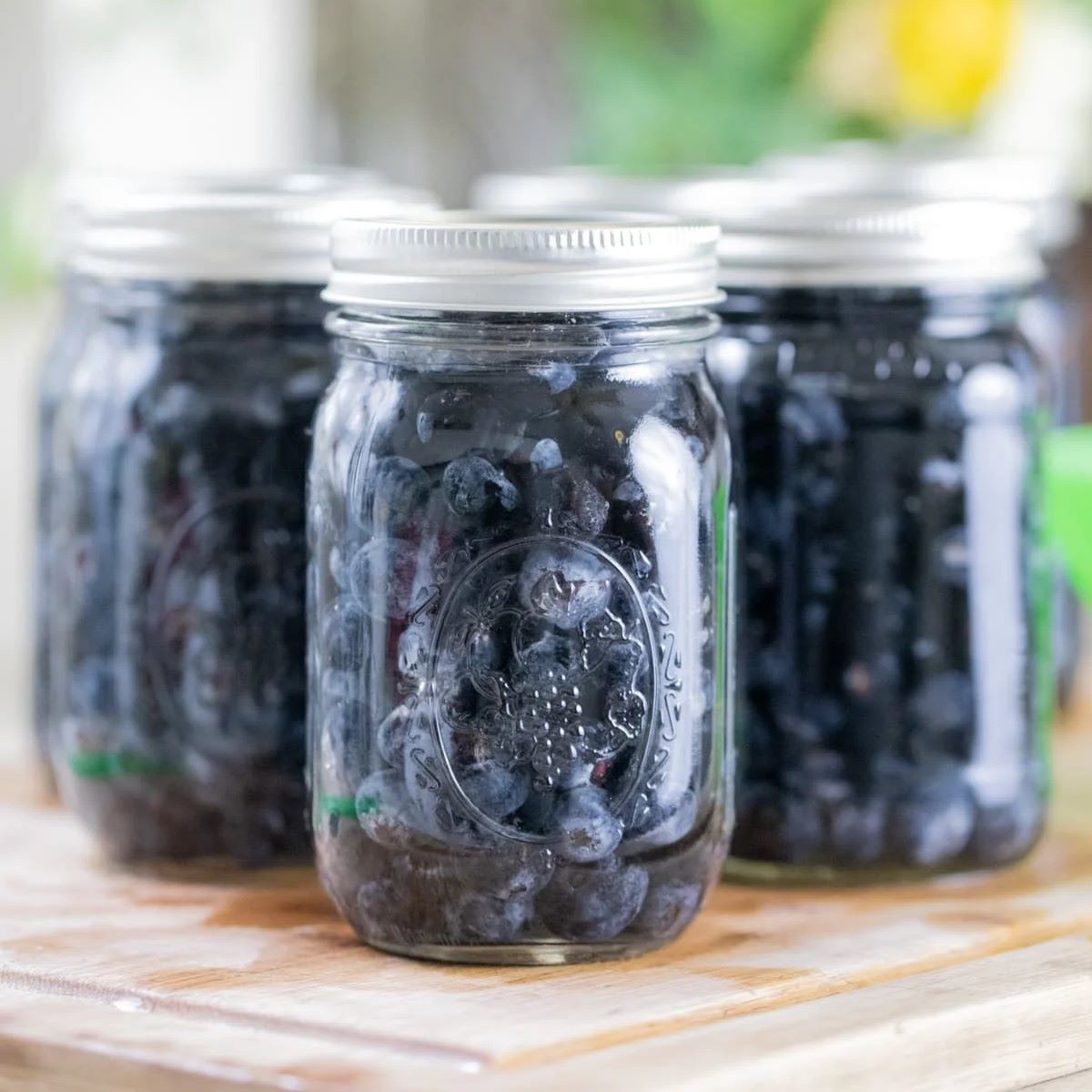

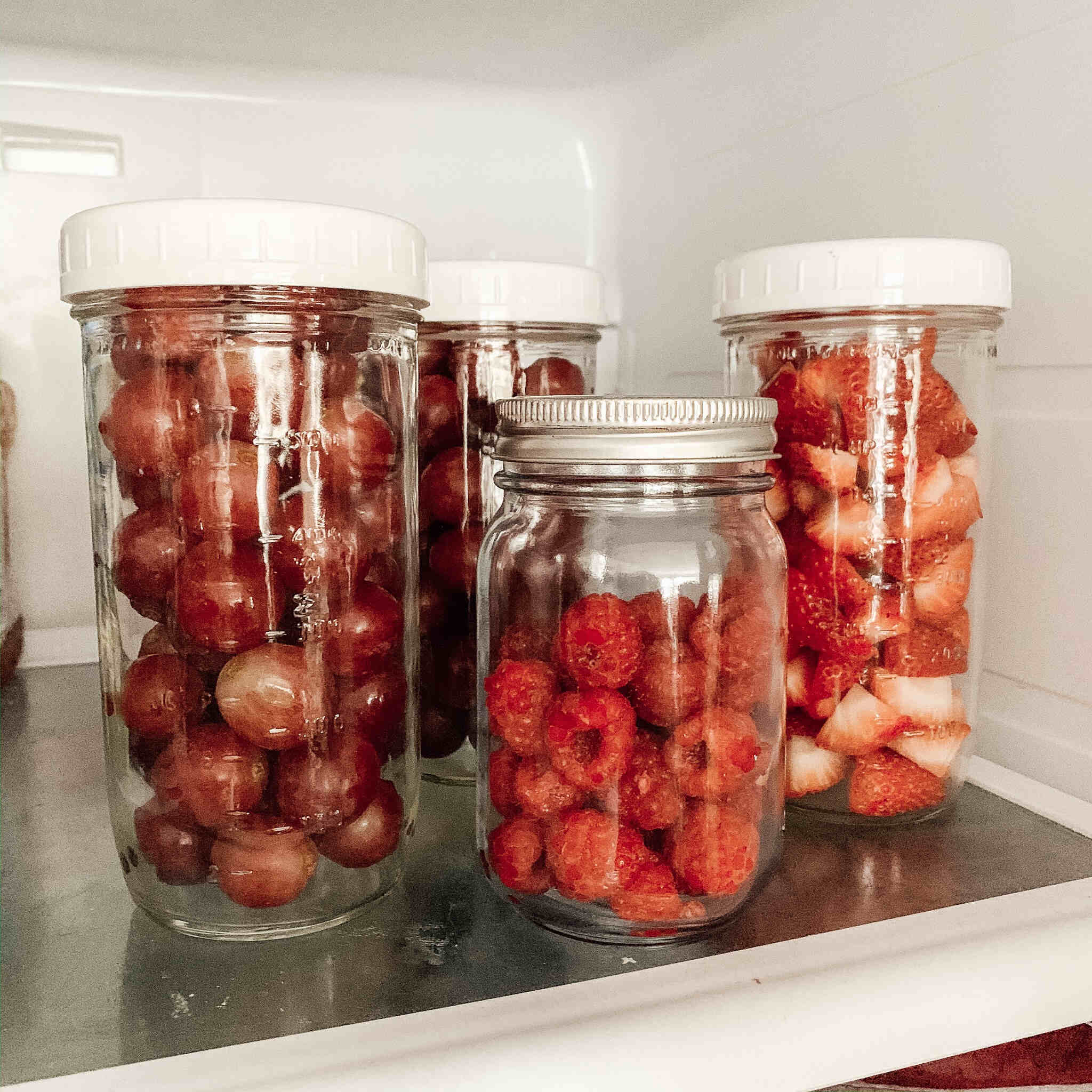
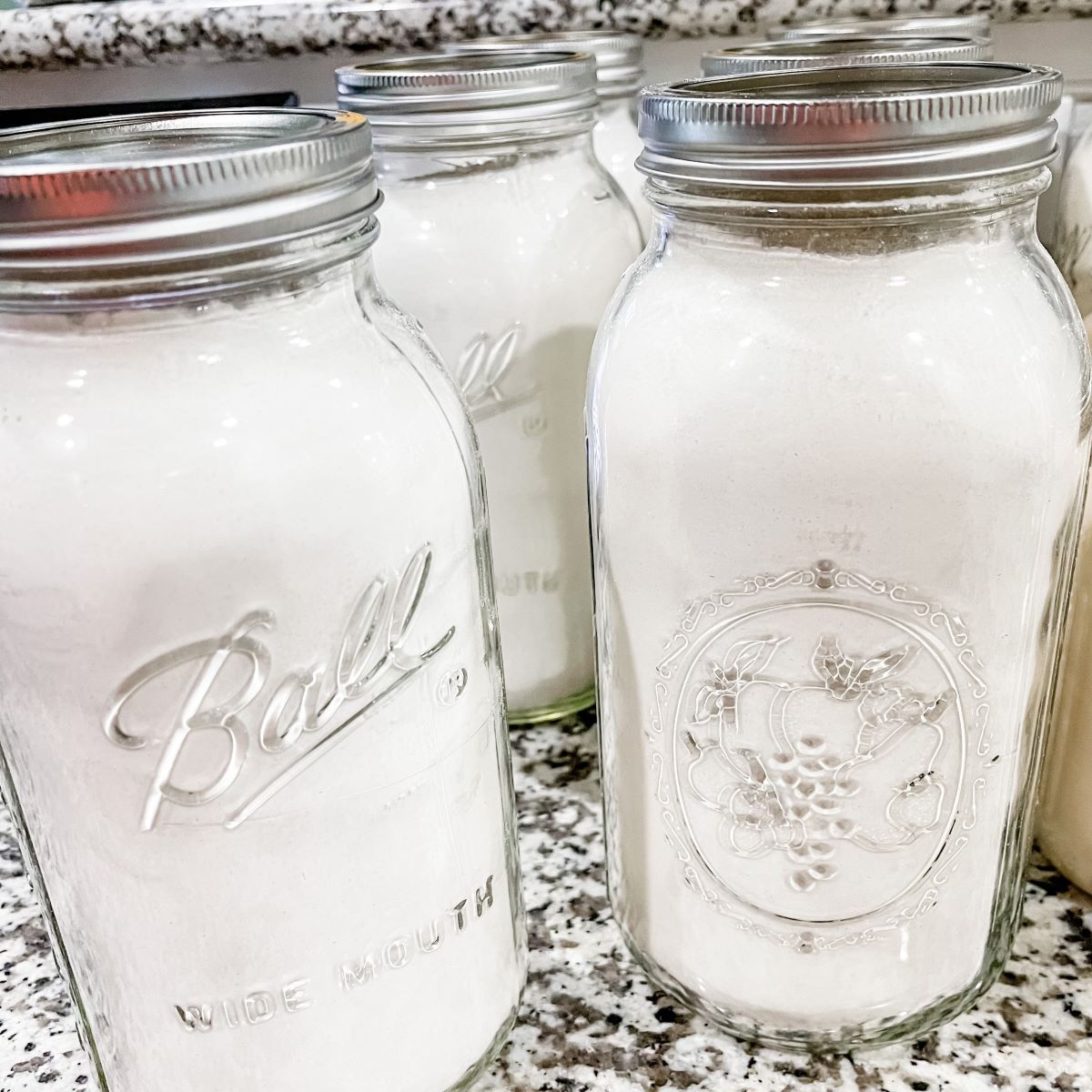

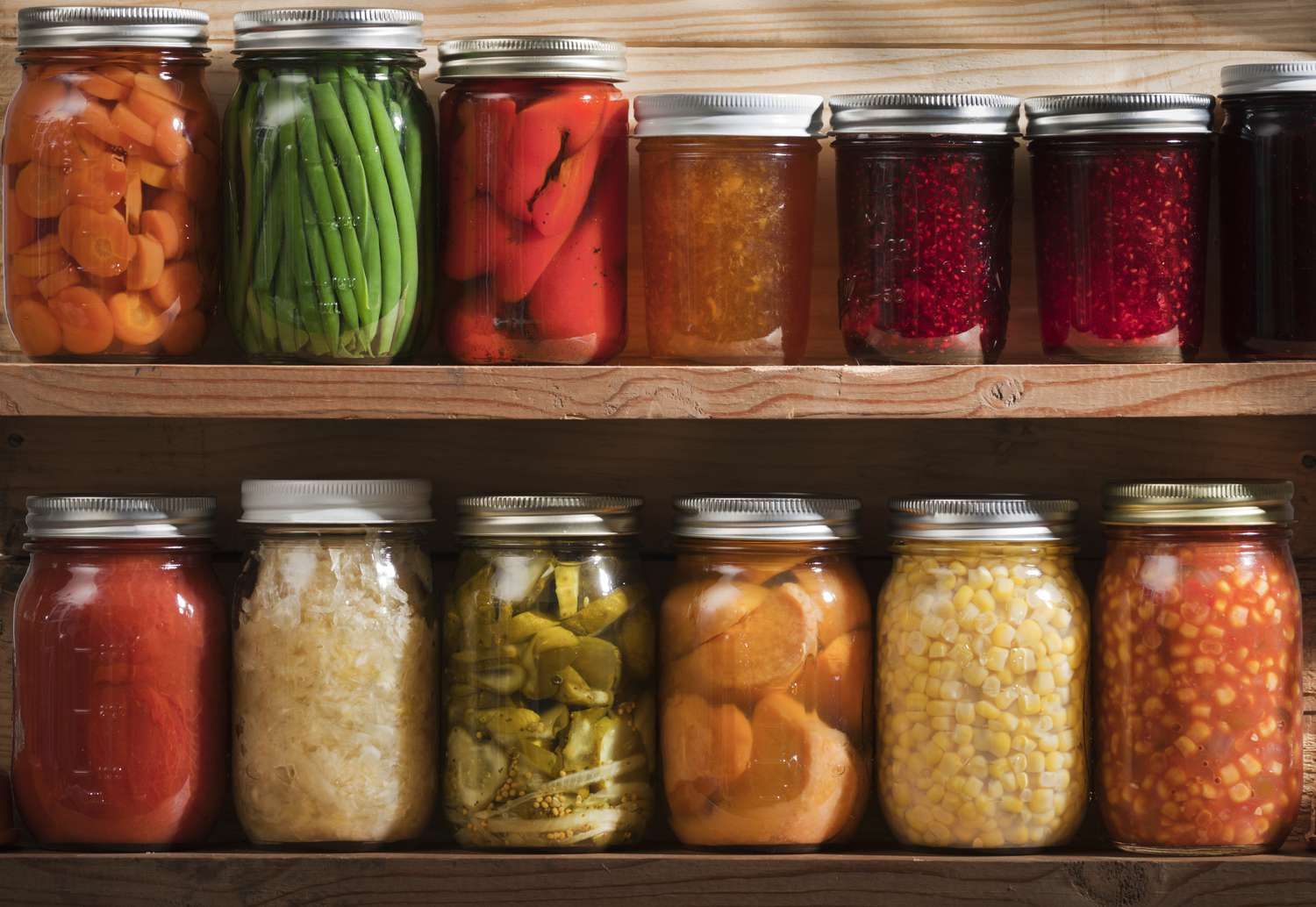
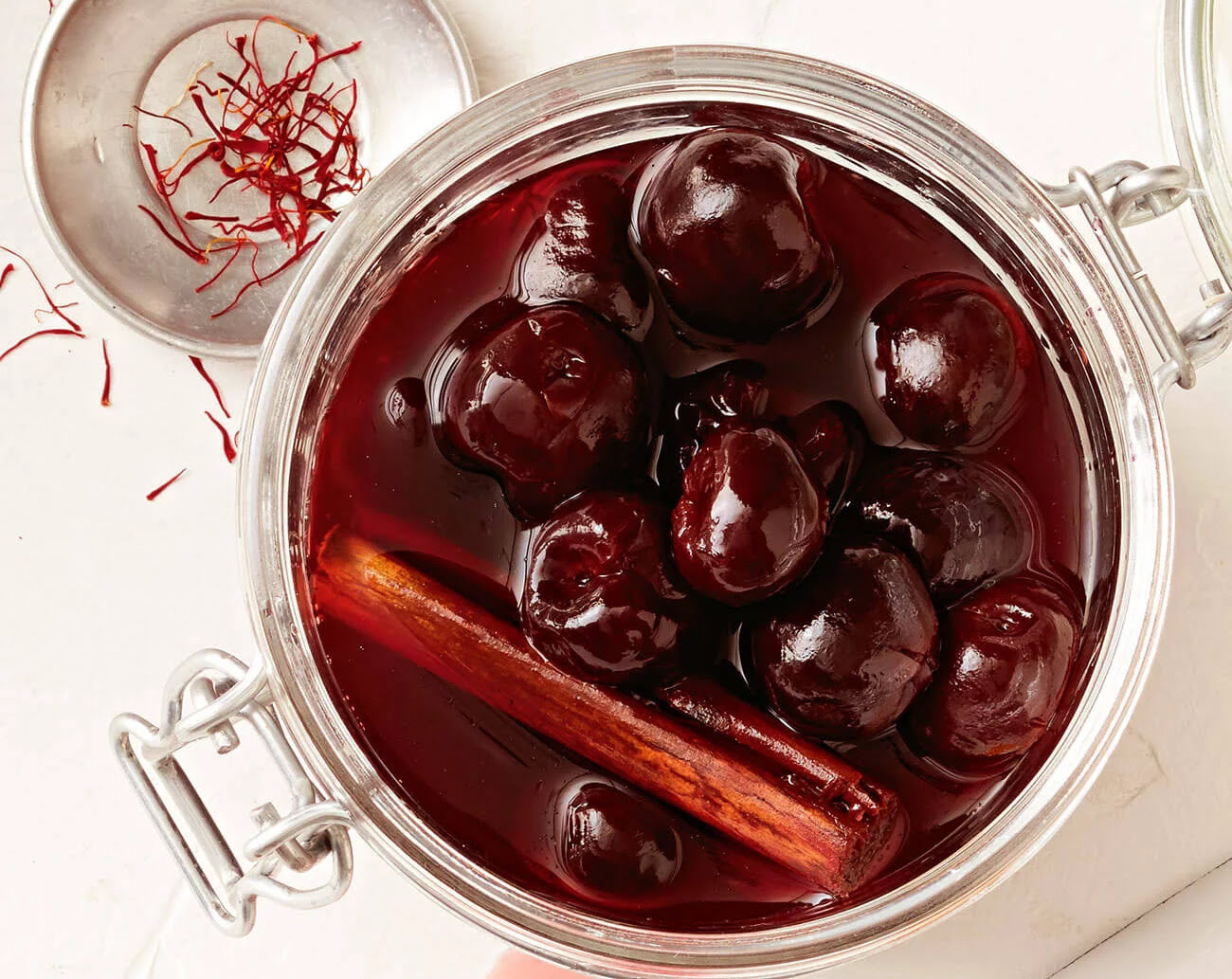
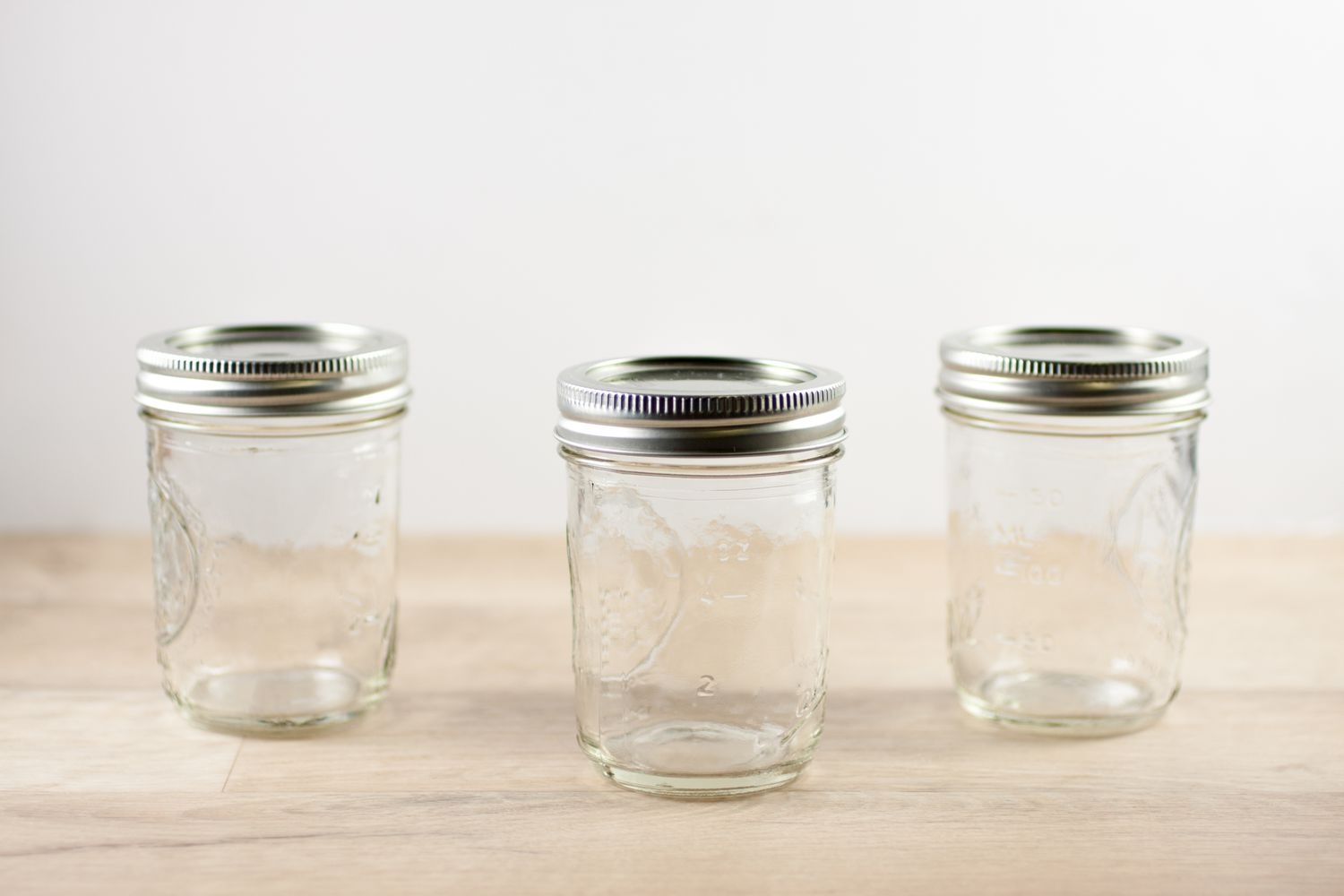
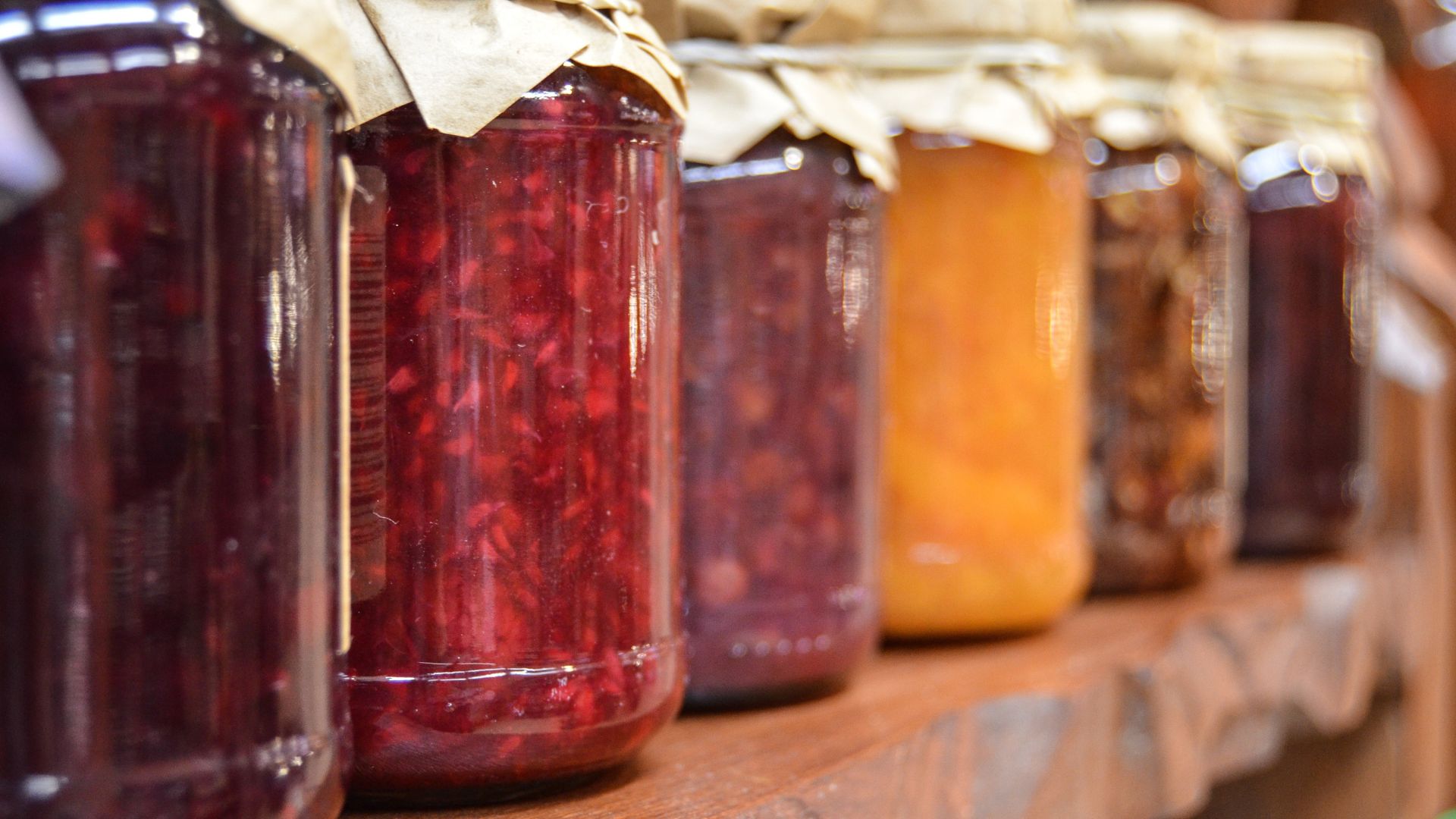


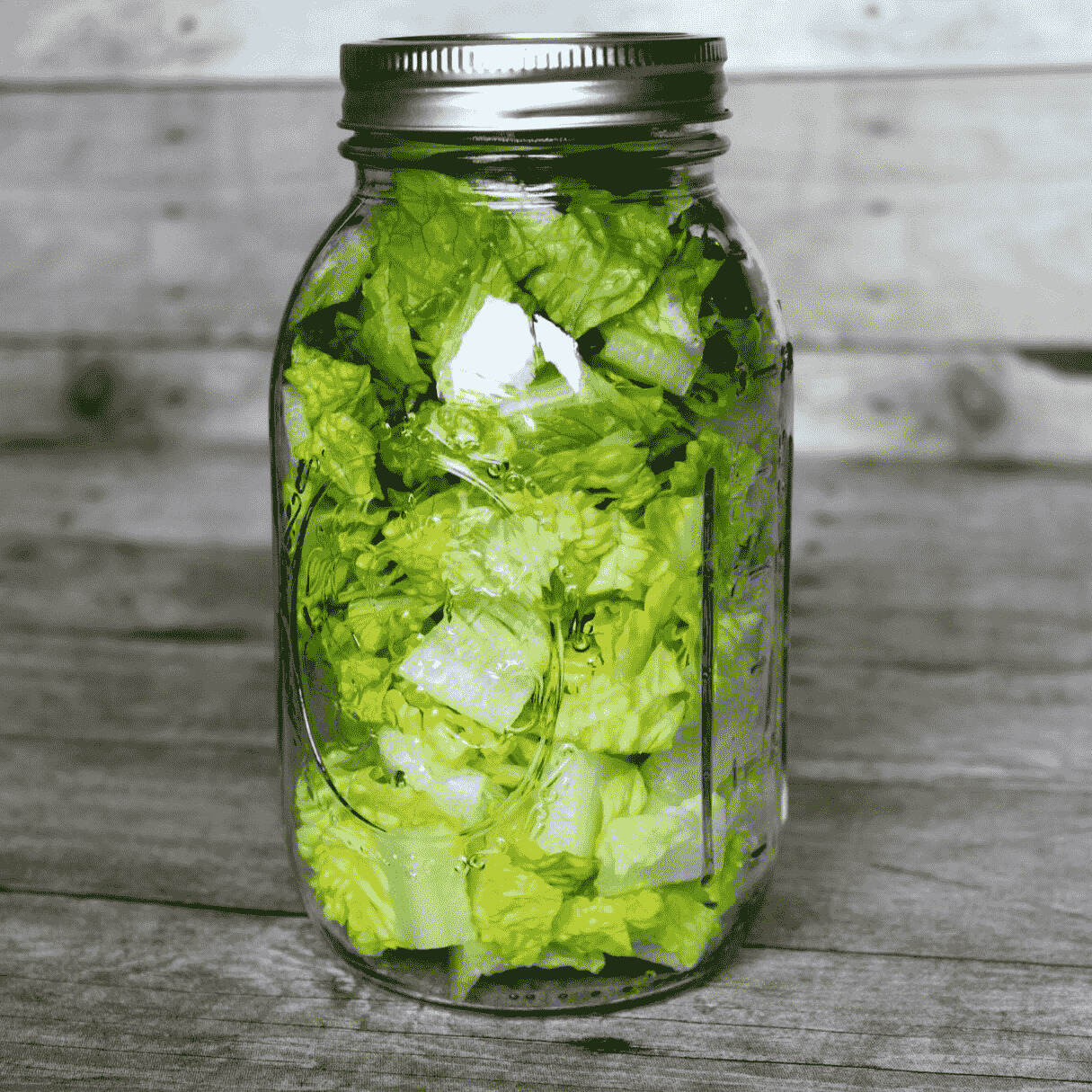
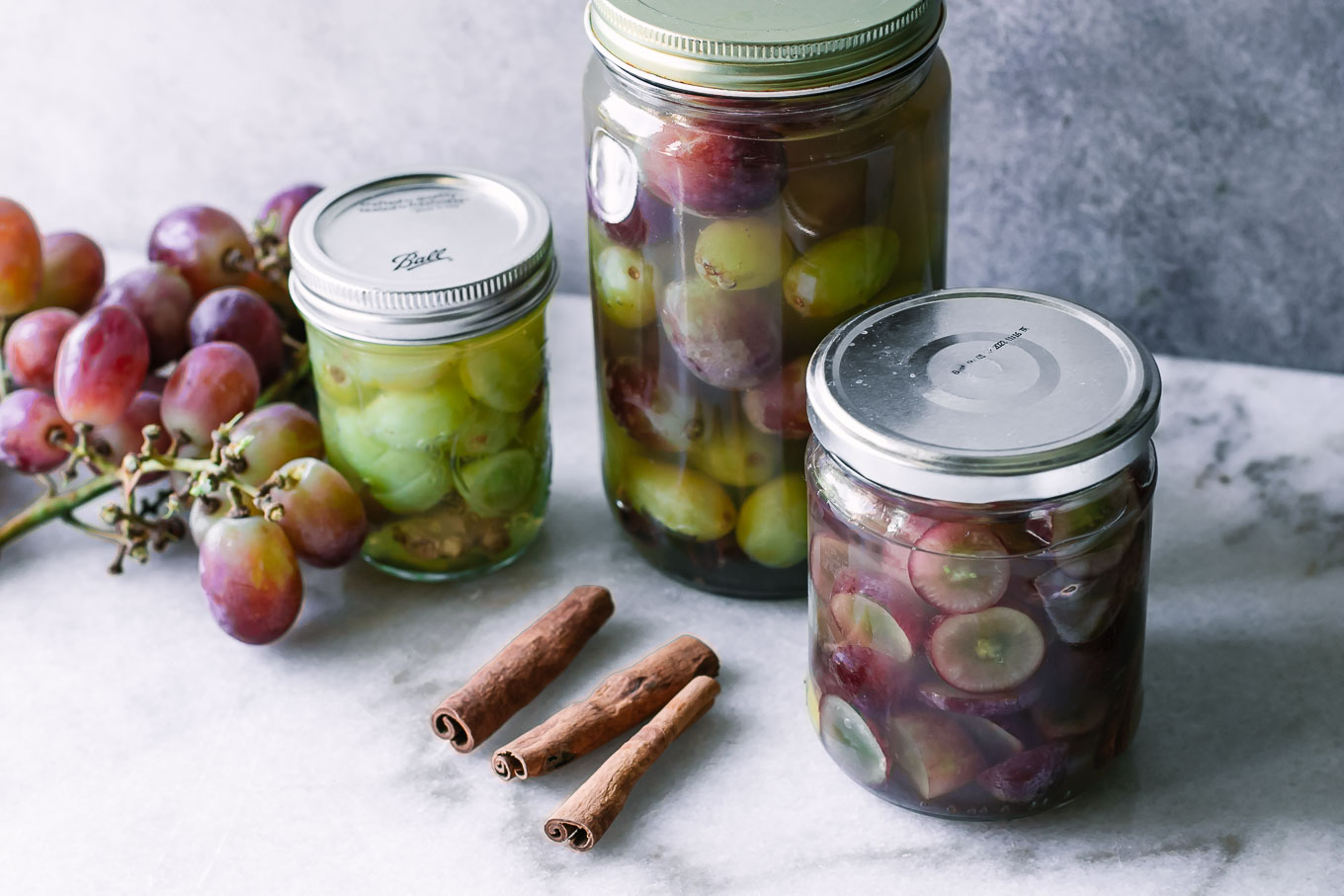
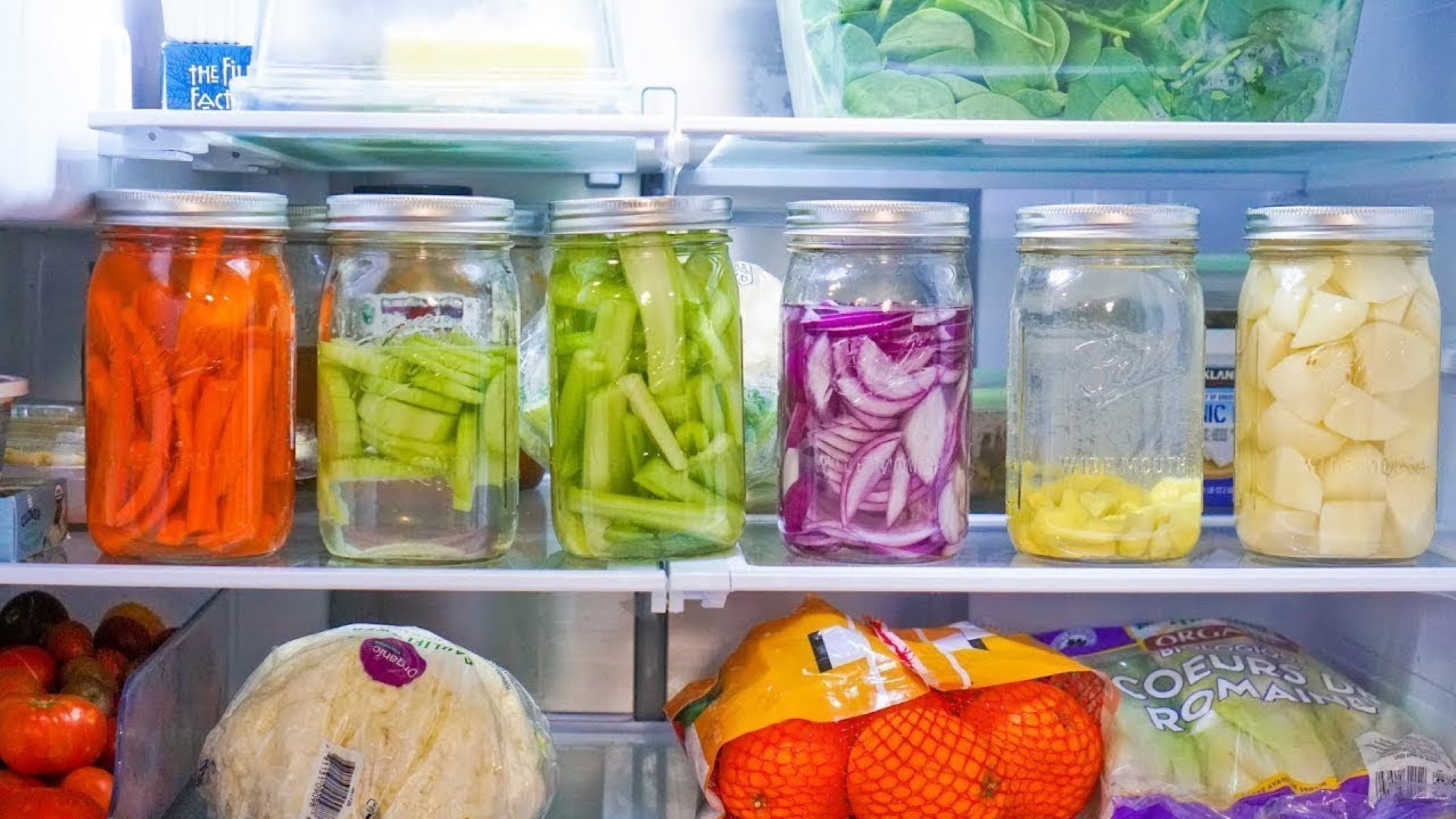

0 thoughts on “How To Store Rice In Mason Jars”